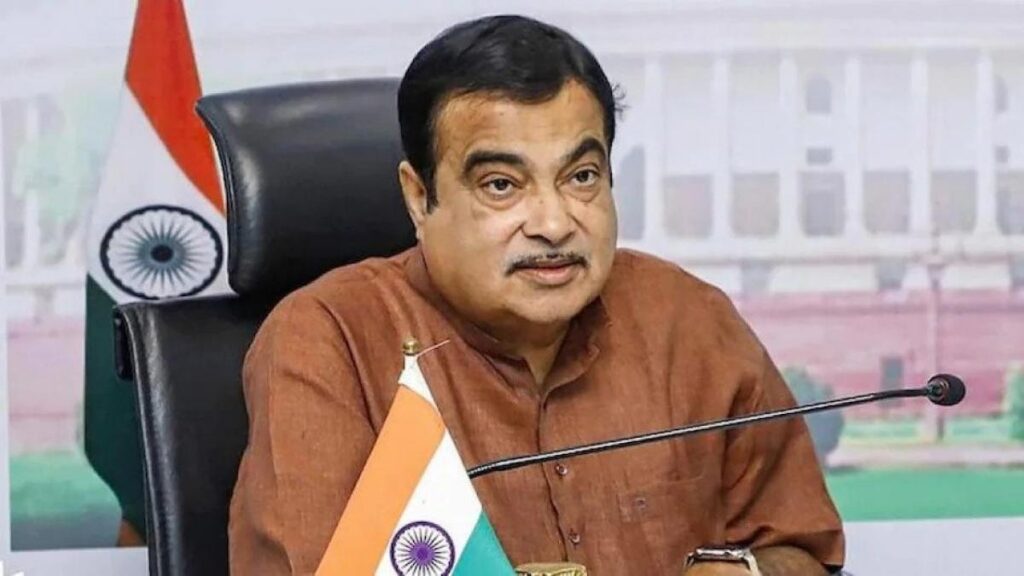Bangladesh (Commonwealth Union)_ Energy trading stands as one of the most intricate and interconnected sectors within the economy. This fact is accentuated by the recent expressions of interest from Bangladesh and Sri Lanka to procure ethanol from India, which has sparked the potential for a highly lucrative trade endeavor. These South Asian nations are directing their attention towards the acquisition of Indian-produced ethanol, with the strategic aim of blending this commodity with gasoline and diesel. Indian Road and Highways Minister Nitin Gadkari highlighted this development during a recent event, underscoring the far-reaching potential of the ethanol economy in facilitating international market access for Indian farmers.

During the discussions, Gadkari elaborated that this proposition arose during interactions with the Prime Minister of Bangladesh, where existing petroleum and diesel sales to Bangladesh were being managed through pipelines originating from Numaligarh. Notably, the subject of ethanol emerged during these exchanges. Furthermore, the Minister noted that both the Minister of Sri Lanka and the Prime Minister of Bangladesh expressed a shared interest in the possibility of ethanol exports to their respective nations. This narrative also showcases the multifaceted nature of the discourse. He said, “I got the chance to meet the Bangladesh Prime Minister. We sell petrol and diesel to Bangladesh via pipeline from Numaligarh. We also talked about ethanol. During the discussions, Sri Lanka’s Minister and Bangladesh Prime Minister asked me whether we can export ethanol to these countries”.
Commending the strides undertaken by the Indian Oil Corporation (IOC) in advancing biofuels, Gadkari underscored the symbiotic relationship between these achievements and the expansion of India’s ethanol industry. This nod to the IOC’s endeavors carries considerable weight as a testament to the convergence of corporate initiatives and national goals. He said, “Praising the efforts of the Indian Oil Corporation (IOC) in the field of biofuels, the Minister noted that such accomplishments will contribute to the growth of the ethanol industry within the nation.”
At the momentous launch event of the world’s inaugural BS-VI (Stage II) electrified flex-fuel vehicle prototype by Toyota Kirloskar Motor, Gadkari directed his attention to Oil Minister HS Puri and IOC Chairman SM Vaidya. He proposed a novel approach to infusing ethanol into gasoline and diesel, destined for export to Bangladesh through the Numaligarh pipelines. This innovative proposition not only promises more favorable pricing dynamics for these commodities but also aspires to mitigate environmental pollution in Bangladesh while simultaneously paving the way for an international market catering to Indian ethanol. In the global pursuit of sustainable development and the reduction of greenhouse gas emissions, ethanol has emerged as a renewable biofuel of paramount importance.
The eagerness of Bangladesh and Sri Lanka to import ethanol from India stands as a testament to their growing awareness of the ecological advantages of this resource. This development demonstrates their shared commitment to forging a greener and more sustainable future. Within India, the prowess of ethanol production, especially derived from sugarcane, has exhibited a commendable trajectory of expansion over the years. With its roots primarily fixed deep within the sugar industry, large-scale ethanol production in India has effectively linked this biofuel to yet another powerful sector of the nation’s economy. Bolstered by advanced distillation methodologies and the availability of substantial raw materials, Indian-produced ethanol has garnered considerable international attention.
Global trade, particularly in the domain of energy, has outcomes that extend beyond mere economic transactions. They resonate with profound bilateral relationships and diplomatic connections. The interest of Bangladesh and Sri Lanka in this energy enterprise exemplifies this intricate dynamic. For India, these prospective ventures into overseas trade represent more than economic gains; they serve as conduits for nurturing deeper diplomatic and economic affiliations with these neighboring nations.









